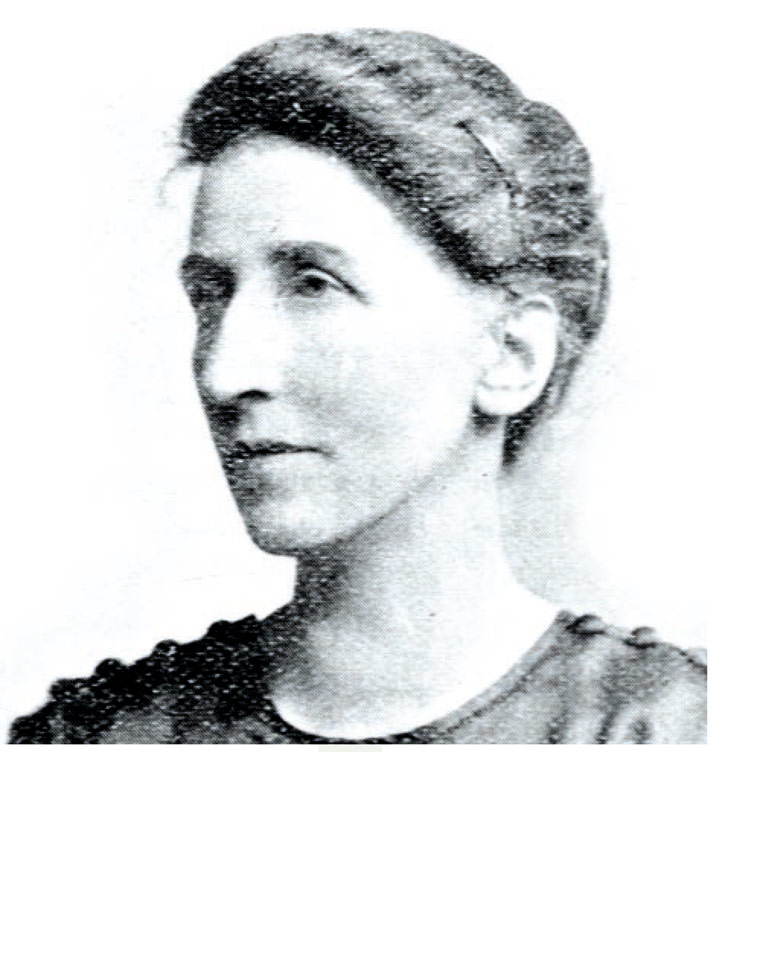
The Power of Speeches
Manchester Suffragist: Hannah Mitchell 1872 – 1956
Hannah Mitchell grew up on a small farm with an abusive mother and where her brothers did not have to do the same domestic chores as herself. This gave her a strong awareness of gender inequalities. At 14, she ran away from home after being badly beaten by her mother and became a dressmaker in Bolton. She earned very little but was able to subscribe to a small library and teach herself to read and write.
In 1895, Mitchell married fellow socialist Gibbon Mitchell, a tailor’s cutter, and the pair attended meetings at the Bolton branch of the Independent Labour Movement and became actively involved in the union movement. Mrs Mitchell however, became frustrated with her husband’s lack of contribution towards domestic duties stating in her autobiography, "socialists are not necessarily feminists.".
In 1904 Mitchell joined the local branch of the Women’s Social and Political Union (WSPU) and eventually began to work for them full time. She toured the country campaigning for women’s suffrage and was a talented speaker having no difficulty dealing with hecklers.
Mitchell, however, objected to the way that Emmeline Pankhurst and Christabel Pankhurst made important decisions undemocratically. In 1907 Charlotte Despard persuaded her to join the Women's Freedom League.
Mitchell was a pacifist and after the outbreak of WWI she joined the Independent Labour Party and other organisations that opposed the war including the No-Conscription Fellowship and the Women's Peace Council.
In 1924 Hannah Mitchell was elected to the Manchester City Council. She remained an important political figure in Manchester until she retired. Her autobiography, 'The Hard Way Up', was not published until after her death in 1956.
Useful Links
- Wikipedia page for Hannah Mitchell
- Spartacus Educational page for Hannah Mitchell
- David Lloyd George on women and the war
(We take no responsibility for links to external websites. We have no control over the nature, content and availability of external sites. The inclusion of any links does not necessarily imply a recommendation or endorse the views expressed within them.)
